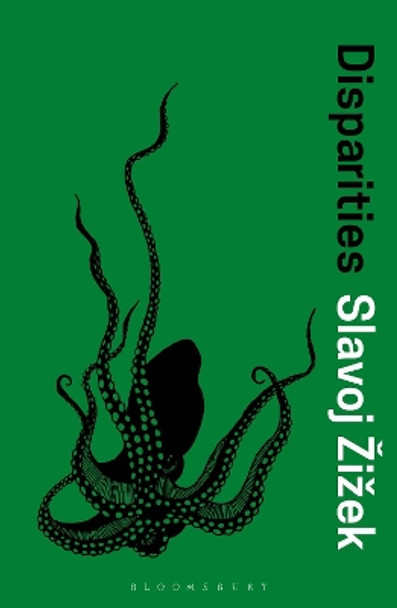The concept of disparity has long been a topic of obsession and argument for philosophers but Slavoj Zizek would argue that what disparity and negativity could mean, might mean and should mean for us and our lives has never been more hotly debated.
Disparities explores contemporary 'negative' philosophies from Catherine Malabou's plasticity, Julia Kristeva's abjection and Robert Pippin's self-consciousness to the God of negative theology, new realisms and post-humanism and draws a radical line under them. Instead of establishing a dialogue with these other ideas of disparity, Slavoj Zizek wants to establish a definite departure, a totally different idea of disparity based on an imaginative dialectical materialism. This notion of rupturing what has gone before is based on a provocative reading of how philosophers can, if they're honest, engage with each other. Slavoj Zizek borrows Alain Badiou's notion that a true idea is the one that divides. Radically departing from previous formulations of negativity and disparity, Zizek employs a new kind of negativity: namely positing that when a philosopher deals with another philosopher, his or her stance is never one of dialogue, but one of division, of drawing a line that separates truth from falsity.
A provocative account of what the concept of disparity might really mean from one of the world's most famous contemporary thinkers.About the AuthorSlavoj Zizek is one of the world's leading contemporary cultural critics and a hugely prolific author. He is Professor of Cultural Studies at the University of Ljubljana, Slovenia, international director of the Birkbeck Institute for the Humanities, UK, and Visiting Professor at the New School for Social Research, New York, USA.
ReviewsA book of profound philosophical investigation. * David Marx Book Reviews *
Book InformationISBN 9781350066564
Author Slavoj ZizekFormat Paperback
Page Count 456
Imprint Bloomsbury AcademicPublisher Bloomsbury Publishing PLC
Weight(grams) 492g










